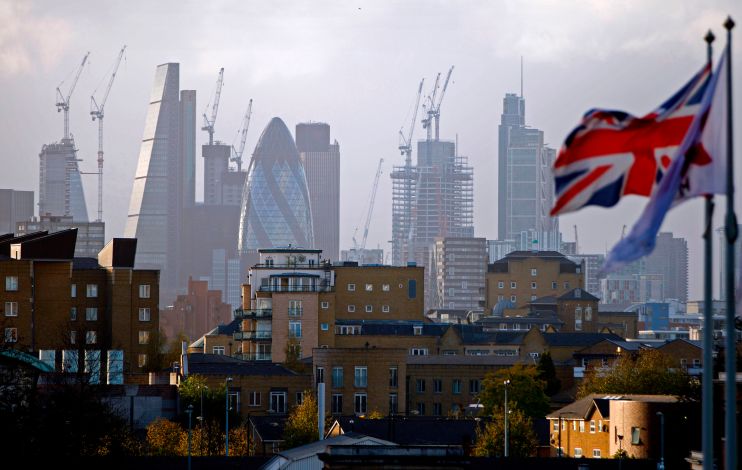The UK faces a bipolar economic outlook

The fact that the UK’s economic prospects appear both bipolar and nebulous is a measure of the unique period that we are in.
While Boris Johnson began his premiership in high energy, with the strong conviction that Britain would exit the EU by 31 October, this momentum has quickly evaporated.
Earlier this month, MPs voted to block a snap election for a second time, forcing the Prime Minister to seek an extension to Brexit negotiations with the EU if we are still without a deal by 19 October.
The Prime Minister’s decision to prorogue parliament looks like an own goal, as a General Election cannot now be held before the end of October. Instead, with softened rhetoric, Boris now has a matter of weeks to secure a new Brexit deal with the EU before a new parliamentary session opens on 14 October.
While an election is still expected, which could prove decisive as to which Brexit scenario becomes the UK’s destiny, the earliest that one could be held is 19 November.
These circumstances have led Britain to a curious point in time.
Either the UK is entering the final Brexit crossroads, with diverging economic prospects for a deal and no-deal exit scenarios; or Britain is on the brink of a repeated Groundhog Day, with an extension to its EU departure simply kicking the can down an ever-lengthening road.
Rarely in its history has the UK faced such a diverging near-term economic outlook.
A last-minute new Brexit deal would be a fillip for the UK economy. Delayed business investment would be resumed, which would prompt sterling to rally against the dollar and the euro, possibly by as much as 10 to 15 per cent. It’s thought that the Bank of England would maintain interest rates at the current 0.75 per cent, and even consider another hike in 2020.
However, the detail of the UK’s future trading relationship with the EU would still take years to resolve, which would restrict some activity.
The probability of a no-deal Brexit on 31 October has become less likely but cannot be entirely ruled out.
According to a recent Reuters poll of economists, a no-deal Brexit would prompt a four-quarter recession, with UK GDP contracting by 1.5 per cent in 2020, driven by delays to goods traded across the border denting the near-term UK business environment.
In this scenario, the Bank of England is expected to reduce the base rate to 0.1 per cent.
Despite the Prime Minister’s insistence that he will not seek an extension for negotiations, it remains still the more probable outcome at this stage. Oxford Economics’ baseline forecast assumes an extension until the first quarter of 2020.
The direction of the UK economy will also be highly influenced by the outcome of an expected pre-Christmas election, for which the outcome is also uncertain.
Despite all the complexities of the current period, the UK’s economy grew at its fastest pace in six months in July and is now expected to avoid a second straight quarter of contraction.
This unexpectedly strong performance will allay fears of a possible pre-Brexit recession, and remind of the underlying resilience of the UK economy in even the most uncertain of times.